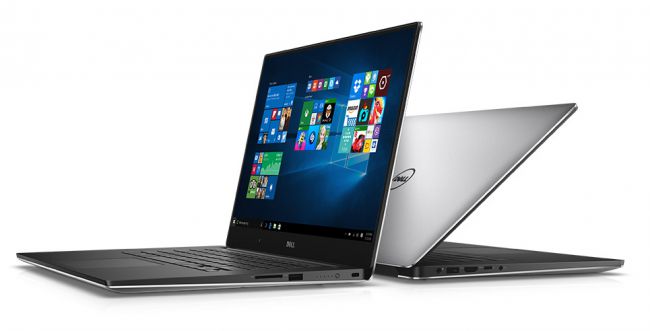UK consumers to face higher prices for PCs and other tech after Brexit vote
A weaker pound will lead Dell and others to raise prices.

If you’ve been paying attention to global news at all recently, you've read the word 'Brexit' about six million times. The vote that has sent the UK on the road out of the European Union will have many local and global effects for sure, but most immediately relevant to our purview (next to long-term effects on British game development) is that for shoppers in the UK, PCs are going to get a bit pricier.
The day after the referendum vote, the British pound fell like a ton of bricks. In the days following, the pound has hit lows not seen since 1985. And that means higher prices. On Tuesday, The Register reported Dell would be increasing prices by 10 percent for its products in the UK to compensate for the falling value of the pound. Dell’s gaming products include the Alienware and XPS line of products.

Dell won’t be the only company altering prices. Hewlett-Packard is also considering price adjustments due to account for changes in currency exchange rates, The Register reported. And yesterday, Bloomberg reported that Beijing-based Lenovo may consider increasing prices for its products. The PC maker also said jobs cuts in Europe and/or the UK was among the several options it was considering.
Other electronics makers will also be changing prices in the UK to account for the falling pound. Phone maker OnePlus will increase the price for the OnePlus 3 to £329 from £309, the BBC reported. Camera equipment from brands like Tamron and Sunpak may also be affected.
One central theme does offer a glimmer of hope for UK consumers, though: Most of these companies sell their products all over the world, and build in contingencies for currency fluctuations. Lenovo's chief financial officer Wai Ming Wong said Lenovo is ready to weather the storm. “We can use our efficiency to digest it. Sometimes we’ll increase our prices, and we believe we can manage it well and there shouldn’t be any major impacts on Lenovo,” Wong said to Bloomberg.
Keep up to date with the most important stories and the best deals, as picked by the PC Gamer team.


